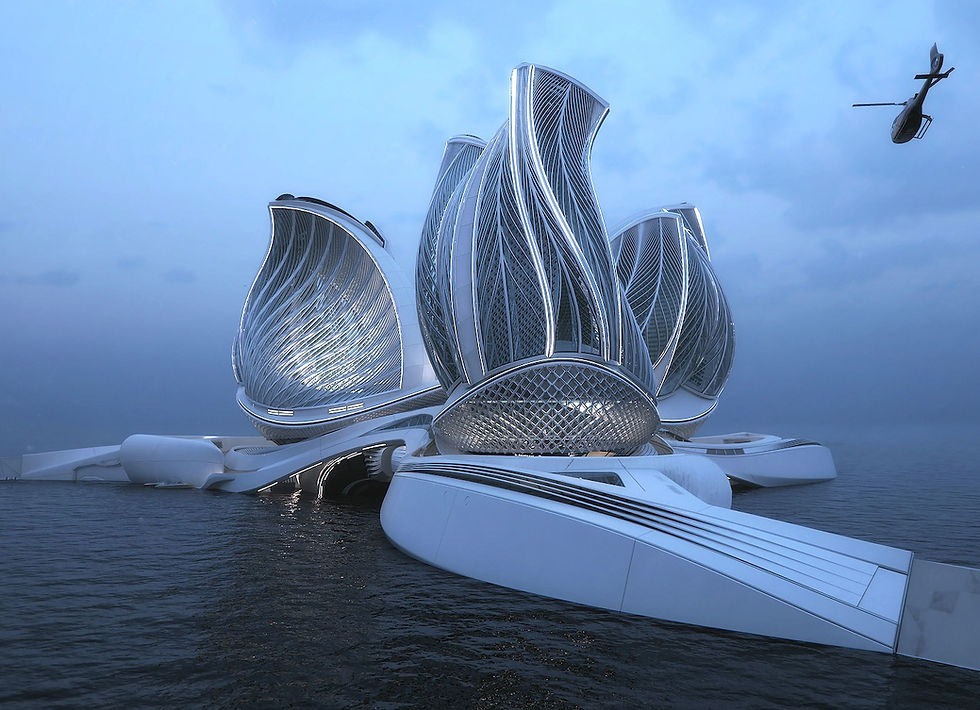Recycled plastic for social purposes
- Soluzioni Plastiche

- Jun 12, 2020
- 2 min read
Updated: Jul 7, 2020
"This is more than a project about waste and education; it's a metaphor that works". The growing challenge of plastic waste literally turned into building blocks for future generation of children.

UNICEF, the United Nations Children's Fund, in collaboration with Conceptos Plasticos, a Colombian company with pro-social objectives has announced its intention to build very special classrooms in West Africa. The buildings will be made of recycled plastic bricks.
Everything begins with the first house built with recycled plastic bricks in Colombia, in Bogota, by Conceptos Plasticos. As we know, plastic is a material that can be found widely in all countries and every day more than 750 tons of it end up in landfills in Bogotà. So, since 2011, this company, which produces plastic components, has been involved in the production of 3kg bricks resulting from an moulding process during which the material is melted and cast into a mould.
The bricks, once assembled, show excellent thermal and acoustic insulation performance, as well as a remarkable resistance to fire, wind and seismic movements; moreover, with this system, the building price is significantly lowered due to the reduced assembly time and the production cost of the bricks which is 40% less than conventional building materials.
Education is a right that should be guaranteed to everyone, but unfortunately this is not always the case. In Ivory Coast for example, the biggest challenge is the overcrowding of classrooms making learning an unpleasant experience for children.
At this point the collaboration between Unicef and Conceptos Plasticos comes into play. The project, actually, foresees the achievement of three objectives:
1.Construction of a factory that converts plastic waste into modular bricks. Every day, actually, more than 280 tons of waste are produced in the capital Abidjan, of which only 5% is recycled while the remaining 95% is dropped into landfills, causing an increase in pollution from plastic waste, which is responsible for 60% of cases of malaria and pneumonia in Ivory Coast (the main causes of child death).

2.Construction of 500 classrooms for 25,000 children by 2021. Thanks to these new facilities, children (aged 3-6) will be able to enter less crowded classrooms and students will be able to learn and grow in a new and clean space.

3.New stream of income for the most low income families. Once fully operational, the factory will recycle 9,600 ton of plastic waste per year and provide employment for man and woman living in poverty.

Isabel Cristina Gamez, co-founder and CEO of Conceptos Plasticos said "We worked with UNICEF on this project because we want our business model to have a social impact. By turning plastic pollution into an opportunity, we want to help get women out of poverty and leave a better world for children".
SOURCES








Comments